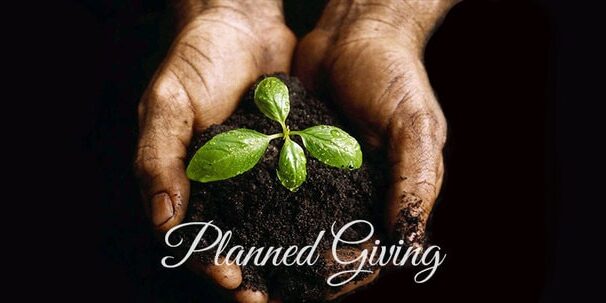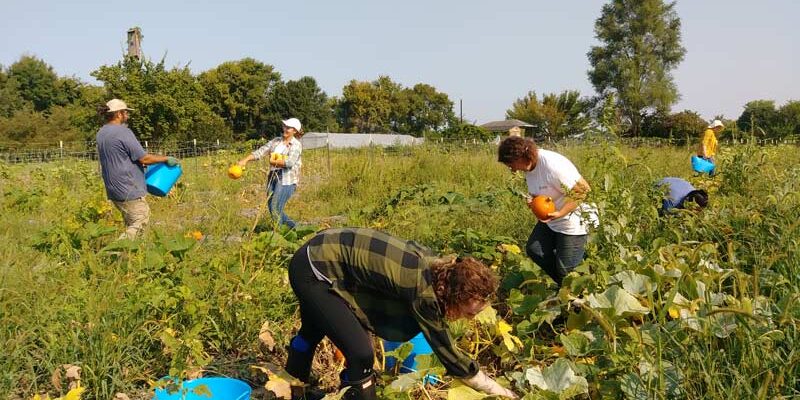Everything is Connected – Our Consumption
Note: We want to share these blogs which have been adapted from “Our Common Home,” a joint initiative of the Dicastery for Promoting Integral Human Development along with the Stockholm Environment Institute (SEI). This is the sixth blog in a series of eight.
Our Consumption
“A world of exacerbated consumption is at the same time a world which mistreats life in all its forms.” (Laudato Si’ 230)
Ever-increasing consumerism and industrial patterns of production are having severe consequences for the natural world, in terms of climate change, pollution and the reckless use of natural resources.
Current levels of consumption, especially by the richest, cannot be sustained: It will be vital to realign cultural values and move towards circular and regenerative practices in the economy.

Three Planets in 26 Years?
By 2050, we would need three planets to support current lifestyles.
Since 1970, we have been consuming more than the planet can sustain. What’s more, 80 percent of the world’s resources are used by only 20 percent of the population.
Patterns of production and consumption in the industrialized world strip the Earth of its natural riches, such as forests, fish, minerals and water.
The wasteful ways we produce and consume goods are also highly polluting and harm the health of people and the living world, while contributing to global warming.

Plastics in the Oceans
Each year, around 12 million tons of plastic enter our oceans.
Plastic waste is an especially serious symptom of over-consumption. There may not be more than 5 trillion pieces of plastic – both larger pieces and so-called microplastics – floating in our seas, which have devastating effects on marine species and biodiversity.
Microplastic particles fine their way into our food, water and even bloodstreams. Half of all plastics ever produced have been made in the last 15 years, and production is growing.
At each stage of its life cycle, plastic can harm our health, through exposure to plastic particles themselves and the chemicals used in their manufacture.
What Needs to Change?
We need to move beyond consume-and-throwaway systems toward circular approaches that work within ecological limits. This means reusing, recycling and sharing materials and products.
Governments must do more to make companies accountable for the impacts of their activities and supply chains.
They also need to help consumers make sustainable choices, for example, through targeted taxation and requirements for clearer labeling on goods.
Households and firms should also take responsibility for how they dispose of their waste. More fundamentally, we must find alternatives to GDP-based economic growth, which is the central driver of increasing consumption of goods and services.


